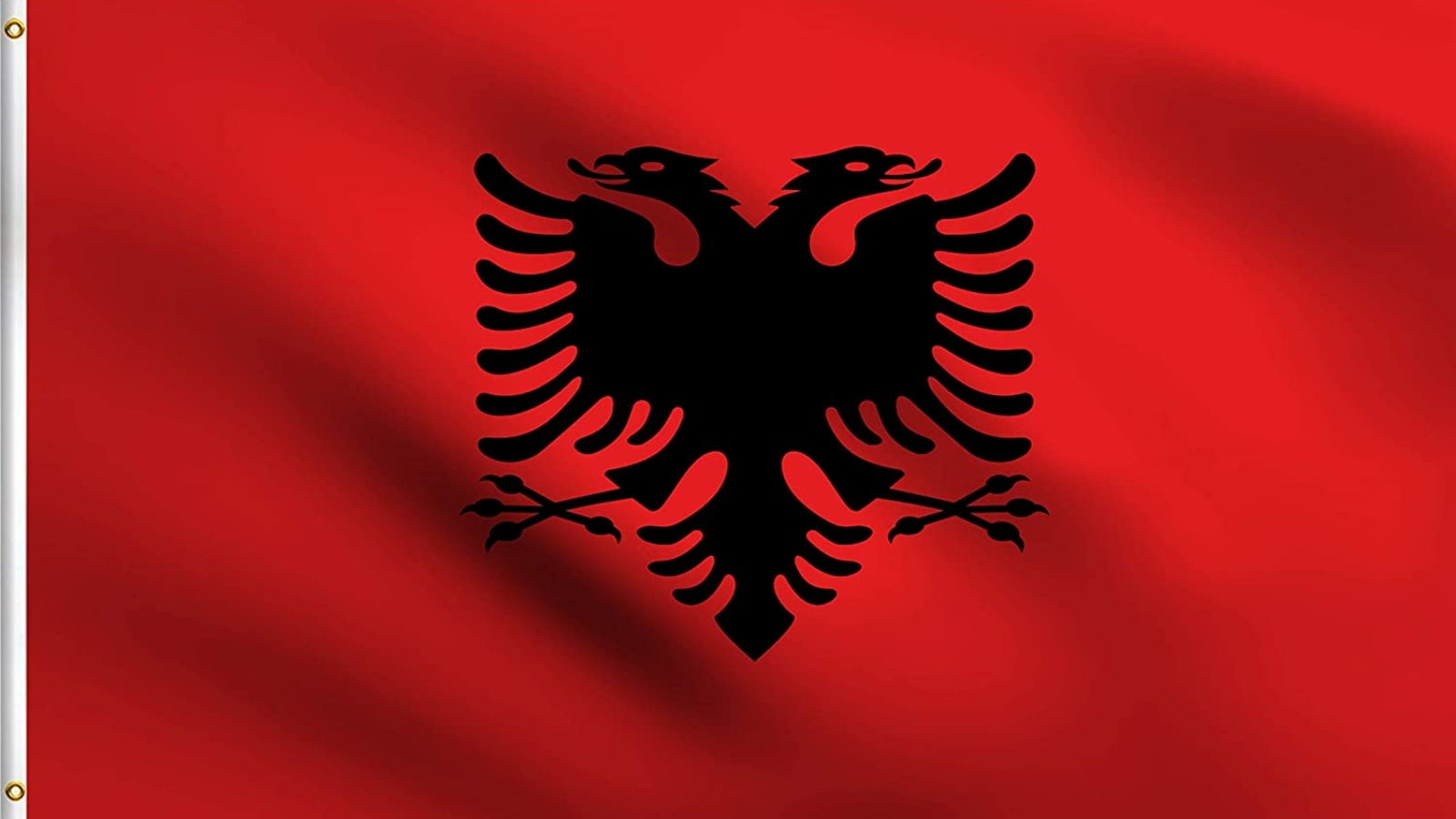Republic of Albania
The Republic of Albania has a population of 2,793,592 inhabitants (INSTAT, 2022) marking a decrease of 1.3%, compared to the same period of the last year.
Albania is a post-communist country that has undergone a difficult transition period in the economic, social, and political spheres, as well as in the creation of a stable democracy in country, after the fall of the communist regime in 1991. Albania has been part of NATO since 2009 and is also a candidate for membership in the European Union.
One of the country’s main goals for a long time has been integration into the European Union. This process is a national strategic priority and has been at the top of the country’s government agenda. Albania marked an important step towards this strategic priority, as the European Union has decided to open negotiations for Albania’s integration into the European Union on July 19, 2022. The opening of accession negotiations took place eight years after Albania obtained the status of a candidate country and 16 years after the signing of the Stabilization and Association Agreement. In the meantime, with the official opening of negotiations, a technical process of control and alignment of Albanian legislation to the European Union will begin.
In recent years, many political and social events have affected the situation of stability, security and good governance in the country. Albania is governed for the third consecutive term by the Socialist Party, after the last parliamentary elections in 2021, while the opposition faced internal divisions and the weakening of influence in the country, reducing the opportunities of Albanian voters to choose different political alternatives. During this time, various antigovernmental protests have been organized by political parties as well as by citizens to address the problems of poverty, rising prices, difficult living conditions in the country, and various decisions taken by the government.
In addition, corruption and organized crime remain serious problems despite recent government efforts to address them. According to the Opinion poll (IDM, 2020) shows that 86.7% of Albanian citizens reported that they perceive ‘petty’ corruption to be widespread, while 84.1% reported ‘grand’ or high-level corruption to be widespread.
Beside from the political sphere, the economic and social situation of Albania has also been affected by the consequences of extraordinary situations such as the earthquake that occurred in November 2019, which was estimated by the World Bank with a damage of 820 million dollars. The reconstruction process has been in the priorities of the government, different donors and civil society organizations. The situation of COVID 19 is another extraordinary situation with a significant impact on the country’s economy.
The environment in which civil society organizations operate in Albania is challenging, and according to the Commission Report (2021),the implementation of the road map for enabling environment for civil society has been limited. The Government developed the Road Map for the Government Policy towards a More Enabling Environment for Civil Society Development for the period 2019-2023, which focuses on four strategic directions; i) institutionalizing the Government- civil society cooperation in policy making and EU integration; ii) improving legal environment and data governance; iii) improving fiscal and funding framework; iv) supporting the implementation of the law on public consultation through all policy dialogue processes. However, given the poor implementation of the 2015 Road Map, which finished with nearly 80 percent of planned actions reported as unimplemented, CSOs have low expectations for the realization of the revised Road Map. Moreover, the Road map remains largely unknown document for CSOs.
Also, there have been several attempts that allow the civil society involvement and contribution in Albania, which are; I. The National Council for European Integration is one of the mechanisms for the involvement of the CSOs in the EU integration process. The council promotes comprehensive cooperation between public institutions and civil society, and ensures increased transparency in decision-making on integration issues; II. The European Integration Partnership Platform represents another mechanism for CSOs proactive participation and contribution to the EU accession negotiation process and in the Stabilization and Association Process.
Financial stability and adequate participation of civil society in decision-making and policy documents remain fundamental challenges for the sector in Albania. While it is important to review and improve the legal and fiscal framework for civil society, it is also critical to create real opportunities and platforms for meaningful civil society participation that bring the voice of citizens into decision-making.
Strategies:
National Plan for European Integration (NPEI) 2021-2023
Law on registration of Non-Profit organizations
Roadmap for the Government Policy towards a More Enabling Environment for Civil Society
National Strategy for Gender Equality 2021-2030
Contribution of the SMART Balkans project
SMART Balkans Project will directly contribute to addressing the European Commission’s recommendation on the implementation of the revised road map for the Government Policy towards a More Enabling Environment or Civil Society Development (2019-23). In addition, the project would support CSOs to enhance their contribution and engagement to the EU integration process, strengthen their financial and organizational capacities and increase their meaningful participation in the field of security, stability and good governance.








